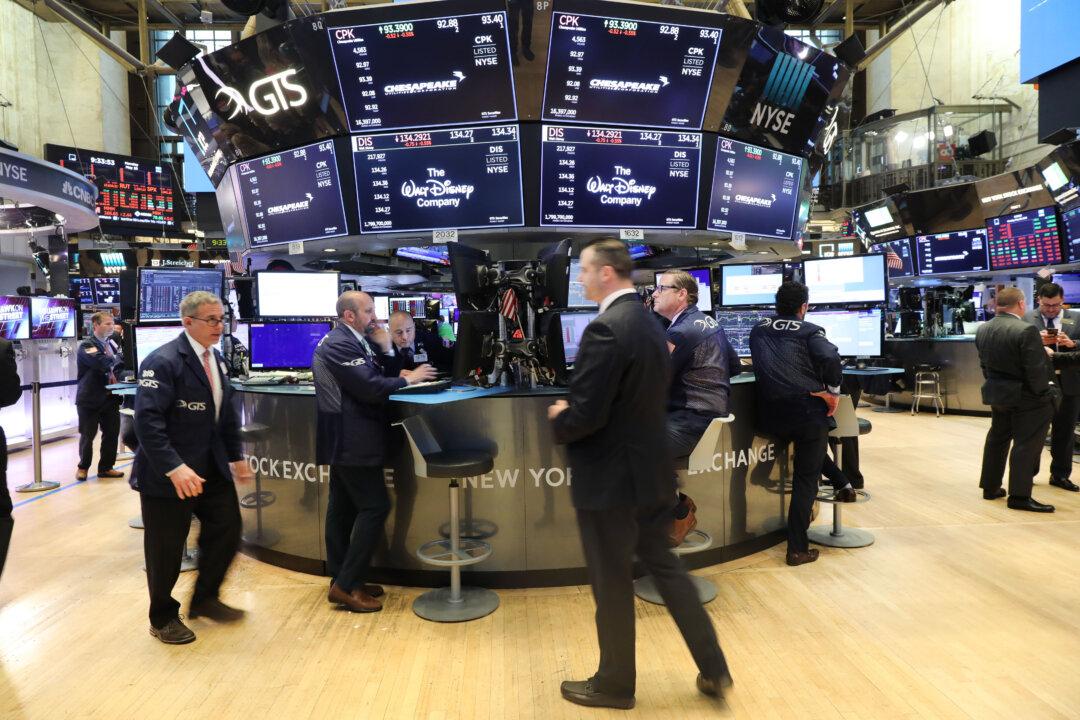News Analysis
The U.S. Congress is advancing legislation to require Chinese companies to meet full SEC (U.S. Securities and Exchange Commission) transparency and accountability regulations to trade in U.S. financial markets.

The U.S. Congress is advancing legislation to require Chinese companies to meet full SEC (U.S. Securities and Exchange Commission) transparency and accountability regulations to trade in U.S. financial markets.